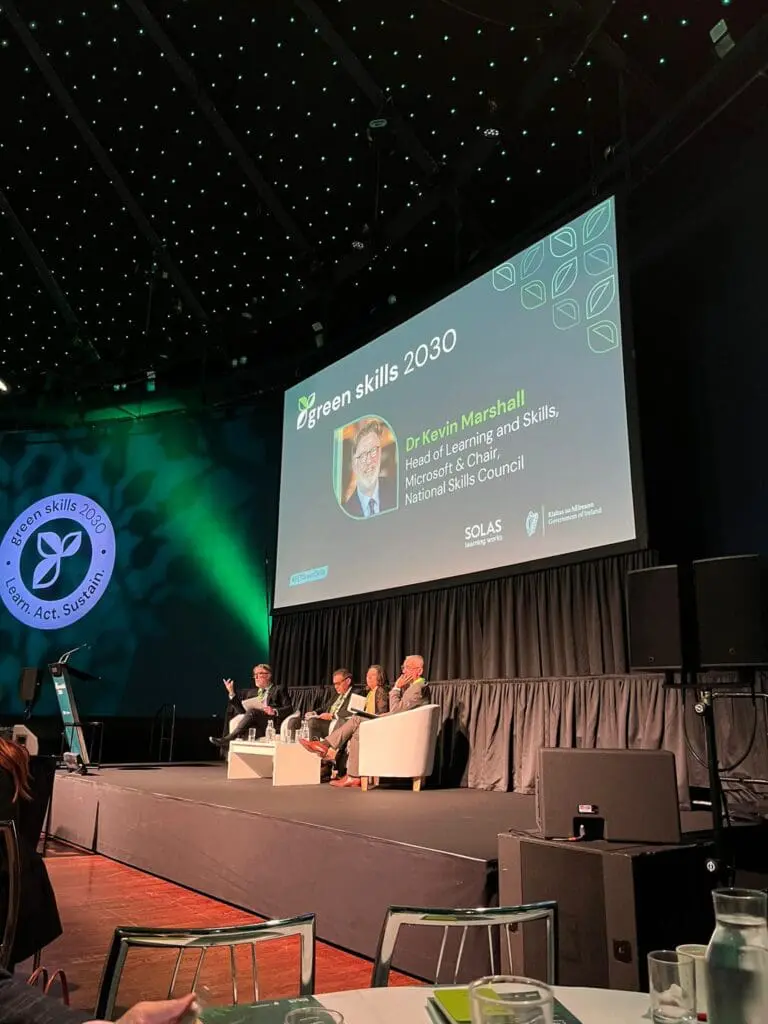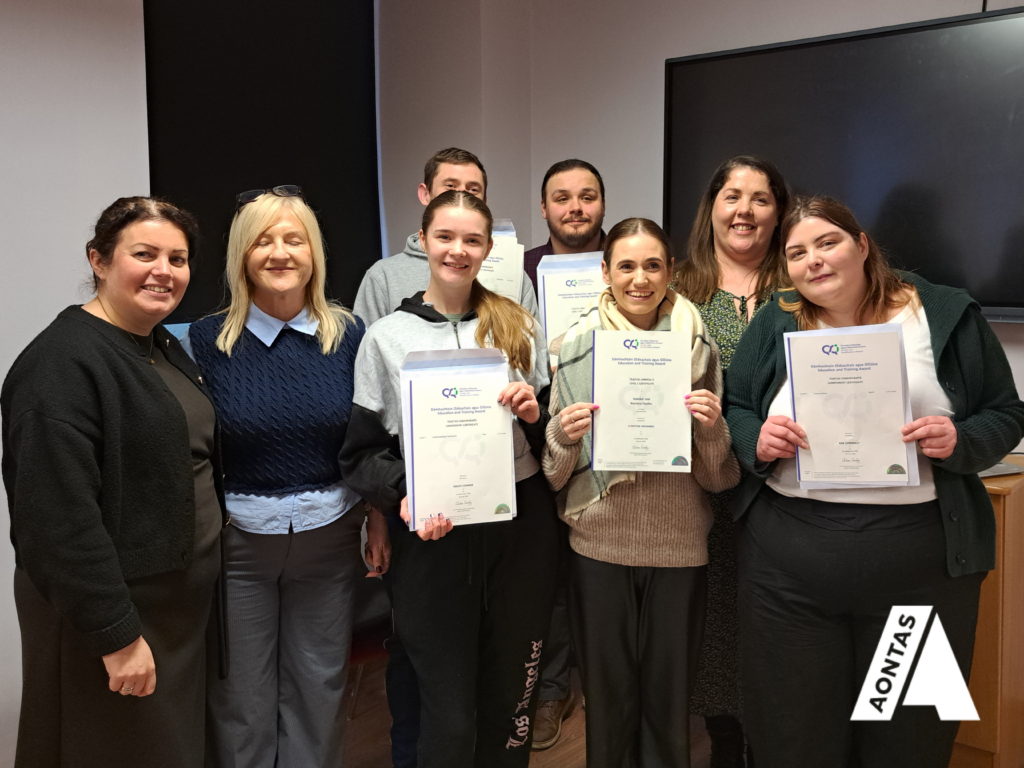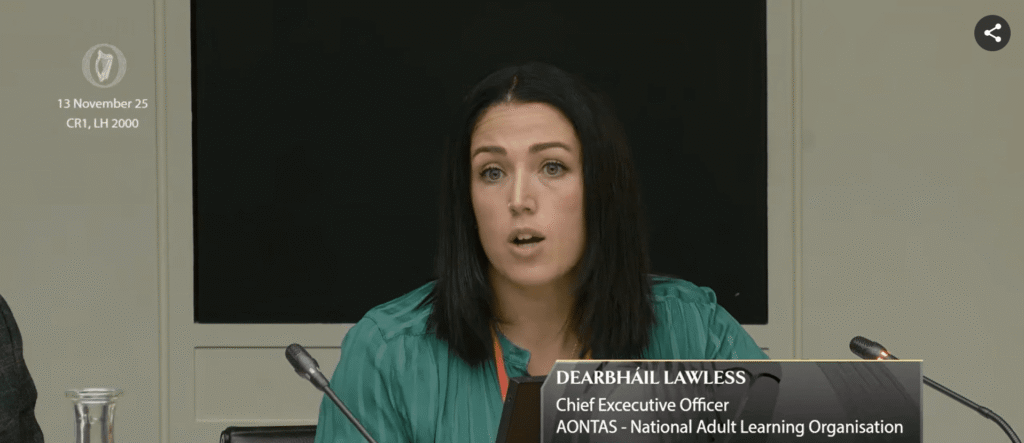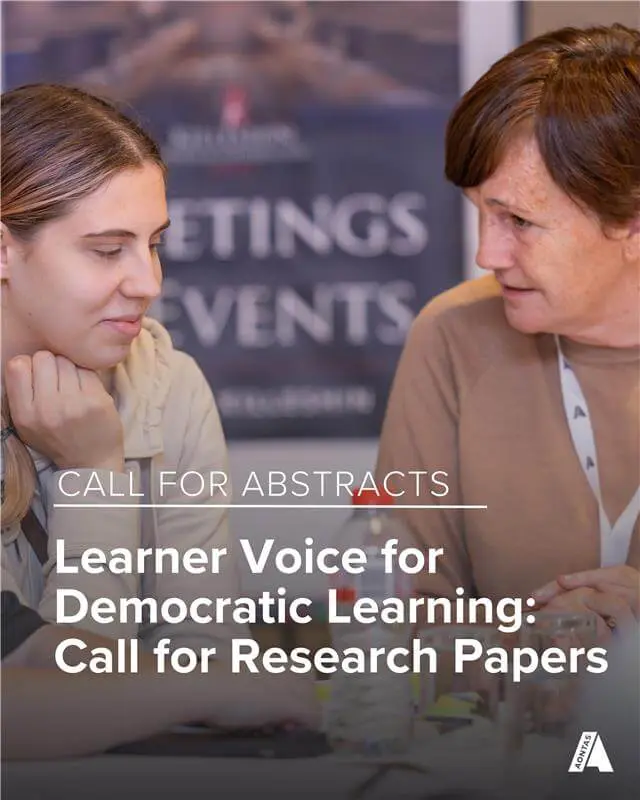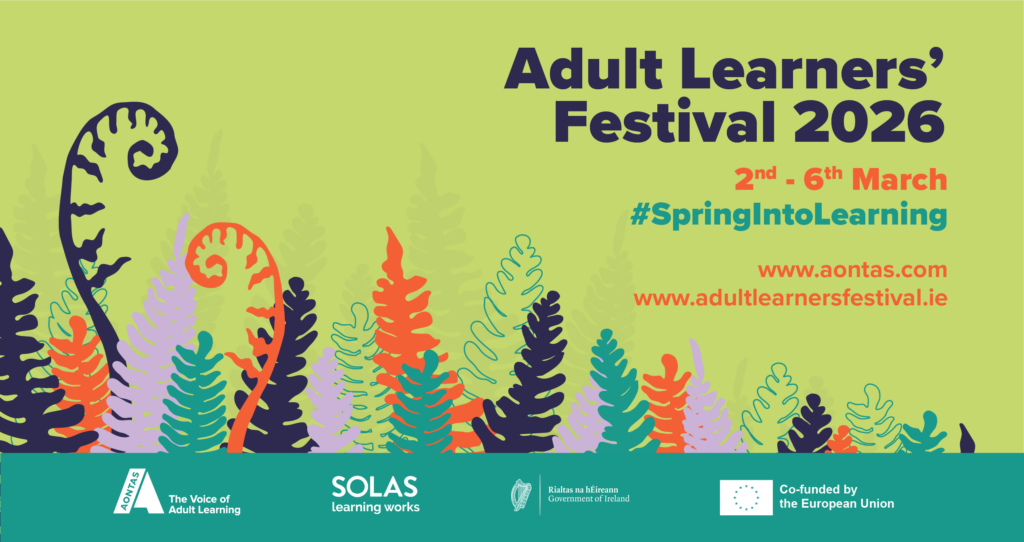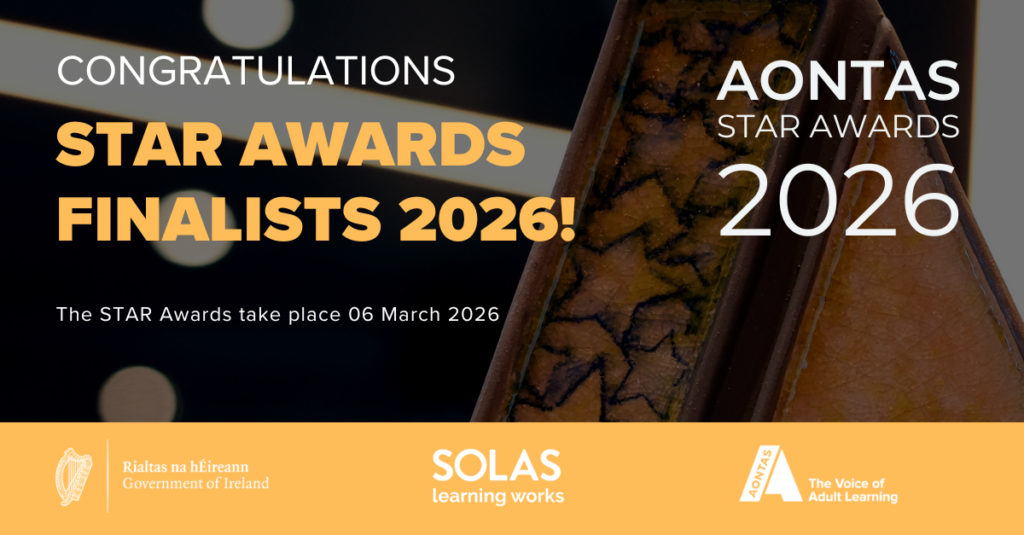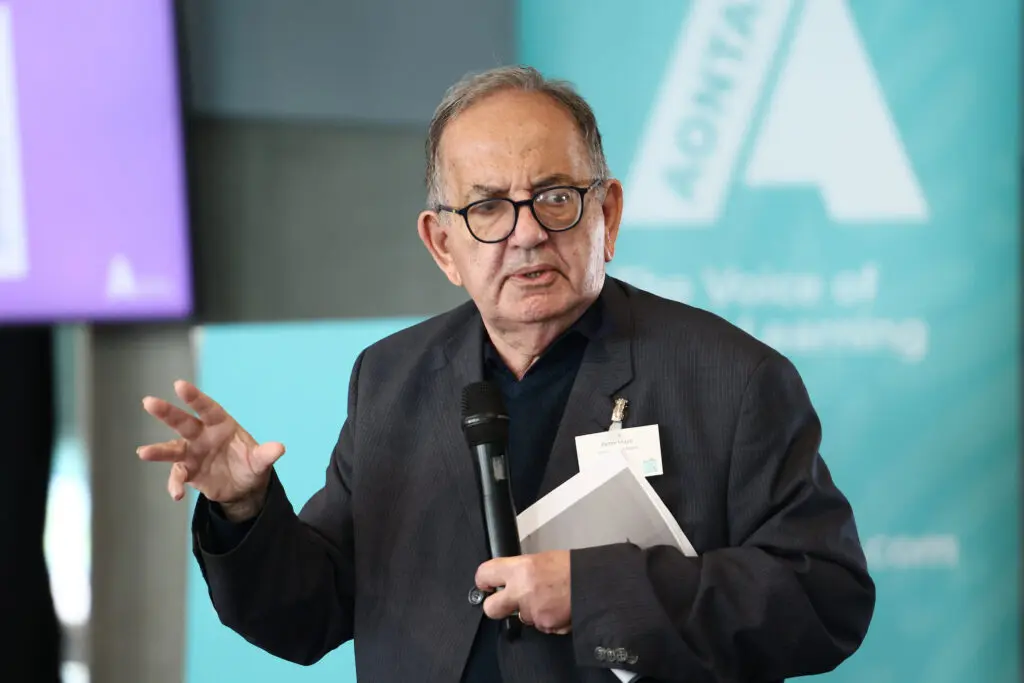It highlighted how crucial it is for Ireland to have a FET strategy on green transitions.
The opening address was given by journalist Fintan O’Toole, who focused on our relationship with the future, emphasising how our short-term way of thinking has allowed those in power to make bad decisions on pressing issues like climate change.
Referring to the strategy, O’Toole said: ‘This document is inviting us to think about time differently.’
He said that while fear is the only scenario that we are being presented with, there’s also a scenario of possibility and opportunity that is equally important to consider.
‘We need both the stick and the carrot. Nature is providing us the stick; it is up to our institutions and policies to provide the carrot.’
Also speaking at the event, Andrew Brownlee, CEO of SOLAS, said:
‘Green Skills 2030 represents our commitment to sustainability, economic resilience, and a future for our learners. As a collective, we can build a workforce that is prepared for the challenges ahead and that will play its part in contributing to a greener, more sustainable world.’
He said that the strategy outlines ‘real tangible actions’ that call for cross-industry and cross-society collaborations.
The ‘Green Skills 2030’ strategy was developed by SOLAS in partnership with KPMG. It included a thorough consultation with the 16 Education and Training Boards, public bodies, Government departments, and key industry stakeholders.
According to Professor Willian Hynes of KPMG, ‘skills are the currency of green transitions’.
Asking a question to the panel of speakers, our CEO Dearbháil said: ‘How can we create meaningful partnerships between the private sector, the civil sector, and the Government create real opportunities to develop green skills those left furthest behind in our society?’
This is a reminder of the importance of green transitions to also be ‘just’ and to ensure that the approach to skills developed reaches every individual and community in our society.
In his closing address, Minister for Further and Higher Education, Research, Innovation and Science Patrick O’Donovan TD said: ‘This is one of the great challenges of our time and it is incumbent upon us to do everything we can to deliver a better world for the generations that follow us.’
What’s in the strategy document?
The ‘Green Skills 2030’ strategy looks at various perspectives and sectors that need to be considered in relation to skills gaps, and puts forward five strategic recommendations to promote and develop green skills:
- Increasing awareness of FET programmes and green skills provisions
- Promoting career opportunities arising from the green transitions
- Integrating green skills and transversal competences content into all FET programmes
- Developing cross-sectoral green compliance, disclosure, and reporting skills
- Supporting FET green skills programmes design and delivery
Our commitment
We recognise the importance of just green transitions in adult and community education, and we are committed to tackling the challenges around sustainability, global citizenship and migration and inclusivity.
Earlier this year, we invited Professor Helen Manchester of Bristol University to talk about the ground-breaking research conducted at the Centre for Socio Digital Futures at one of our Project Advisory Group meetings for the New European Agenda for Adult Learning project.
She said community and adult education can benefit from a shift in ‘futures thinking’ in the context of climate change, an issue also highlighted by Fintan O’Toole at this event.
We are currently working on European and national projects that address green and just transitions and anti-racism.
For more information, check out Just4All and the New European Agenda for Adult Learning.
